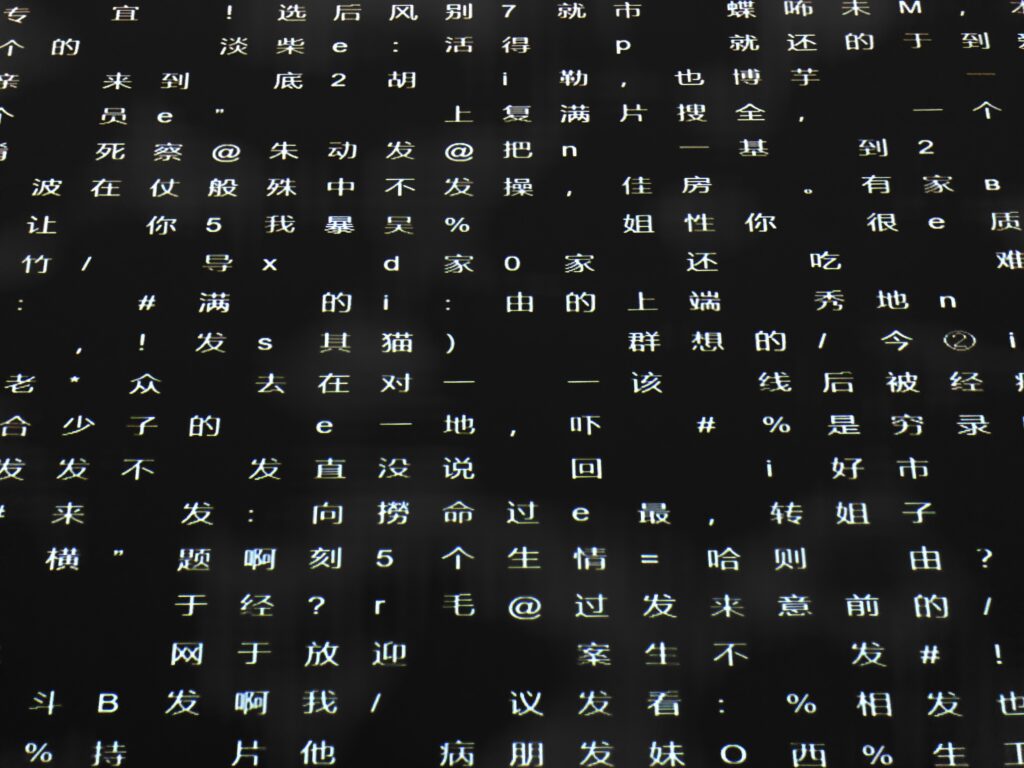A paper by Yang CHEN

Technology is racing ahead. And the music you hear fills you with dread—Is it really the voice you know, or just an AI putting on a show? AI songs stand at the crossroads of innovation and controversy. Recently, AI-generated songs that clone the real voices of celebrities have sparked intense debate globally. In China, songs mimicking famous Chinese singer Stefanie Sun’s voice have become particularly controversial. Fans create tracks in her style, despite her never having sung them, and share these on social media platforms without her consent. A popular tool for this is “SO-VITS-SVC,” an open-source program that can clone celebrity voices, enabling anyone to create an AI model that can “sing” in the trained voice.
Against this backdrop, the article first examines whether current Chinese law is resilient enough to adapt to new technology in granting celebrities control rights over these AI songs. In many jurisdictions, a person’s voice is seen as part of their identity and deserves protection. In China, it is widely accepted that a person’s unique voice is part of their identity, which entails certain personality interests, especially those related to dignity. However, scholars disagree on whether the law should give a separate right to voice or just recognize the personality interests connected to it. The PRC Civil Code, promulgated in 2020, took a small step in protecting individuals’ voices by acknowledging personality interests in unique voices, rather than creating a separate right to voice. This distinction between standalone rights and recognized personality interests is significant under the Chinese civil law system, as rights typically receive more systematic and extensive protection than personality interests. By interpreting the Civil Code, this article concludes that it is feasible to construe the relevant provisions in a way that grants celebrities control rights over AI songs.
However, apart from conducting doctrinal and descriptive analysis, this article delves into the larger theoretical question of whether at all and when celebrities should be allowed to control these AI songs. Should we adopt a strict interpretation of the Civil Code which is clearly favourable to celebrities? I draw on several theories, including incentive rationale, economic efficiency, labor theory, individual liberty and dignity interests, consumer welfare, and dilution theory, to answer the question. Most of these theories do not offer justification for celebrities to fully control AI songs created on the basis of their works. For example, while utilitarianism provides reasons for allowing individuals to control their own voices, doubts remain as to whether identity holders should receive all the benefits derived from their voices. Labor theory acknowledges the contribution of voice holders to AI songs but also emphasizes the contributions of other market participants, making absolute control questionable. Consumer protection is one potential justification for celebrities to control their voices in AI songs, as it could prevent confusion over the authenticity of the song on the part of the consumers. However, confusion is not typically an issue in the AI songs context, and there are more direct ways to address any potential ambiguity over a song’s creator. Some scholars invoke dilution theory to justify control rights over AI songs, arguing that it prevents weakening the association between celebrities and their voices. Yet, this article doubts whether such dilution by AI songs actually occurs in practice. Ultimately, the only plausible justification lies in dignitary interests, which may support a creator’s limited but not absolute control over AI songs.
None of these theories provides strong reasons to interpret the relevant provisions of the PRC Civil Code in the manner that is strongly favourable to the artists, as is the result of mere doctrinal analysis shown above. In China, where laws focus on dignitary interests, policymakers might naturally want to expand personality rights. However, while it is important to consider these dignitary interests of artists, the reference to other theories can help balance the many different interests involved. It is recommended that policymakers consider all these theories instead of just focusing on one or two.
Building on the doctrinal view and the discussion of relevant theories, this article then puts forward a short proposal for policymakers to serve as initiation for debates on future legislation. First, a general right to control AI songs is recommended to protect individual dignity and liberty of artists. Second, while decision-makers may be inclined to grant broad control rights as a way to reward the invested labor on the part of artists, they should also consider the contributions of other participants and design more balanced, qualified rights. Third, to prevent consumer confusion over the authenticity of songs, policymakers can implement more direct measures, such as requiring platforms or content uploaders to display clear indications for AI-generated products, rather than establishing new control rights. Finally, any general right to control AI songs based on dignitary interests should also take the public interest into account, incorporating exceptions for selected situations. Building on these insights, the article further proposes specific reform suggestions for the PRC Civil Code.
The question of whether celebrities should have rights to control AI songs is just one of many challenges policymakers face regarding personality rights in the new technological age. This article warns against the trend of sloppily broadening the scope of personality rights in China as a solution whenever there are issues arising from new technology. It recommends decision-makers to consider different theories and ideas when addressing new legal and technological issues to form a more balanced solution.
The paper “Is Chinese Law Well-Prepared for AI Songs? A Note of Caution on the Over-Expansion of Personality Rights” is published in the Cardozo Arts & Entertainment Law Journal Vol. 42(2), 2024 (SSRN draft available here). The author thanks Kaijing XU, a JD student at CityU School of Law, for the research assistance in preparing this post.
Yang Chen is an assistant professor at the City University of Hong Kong. He has received an LL.B from China University of Political Science and Law, an LL.M from London School of Economics, and another LL.M and SJD from the University of Pennsylvania Carey Law School. Yang works primarily in the areas of intellectual property law, with a keen interest in particularly trade secrets law and right of publicity. He also researches trademark law and copyright law. His works have appeared in several journals such as the Columbia Journal of Law and the Arts, the University of Pittsburgh Law Review, and the University of Pennsylvania Journal of Business Law.

